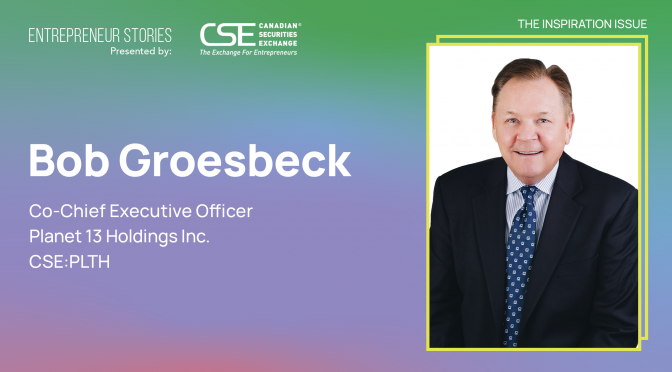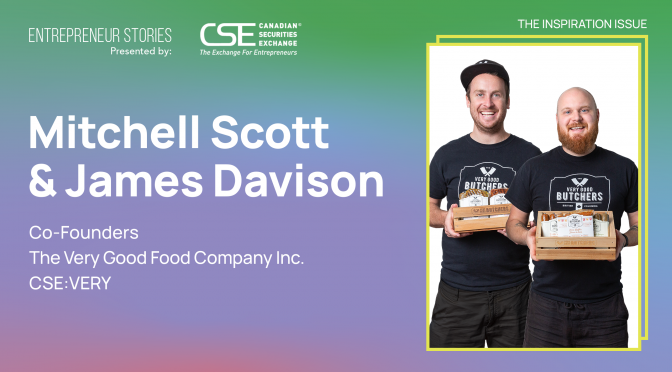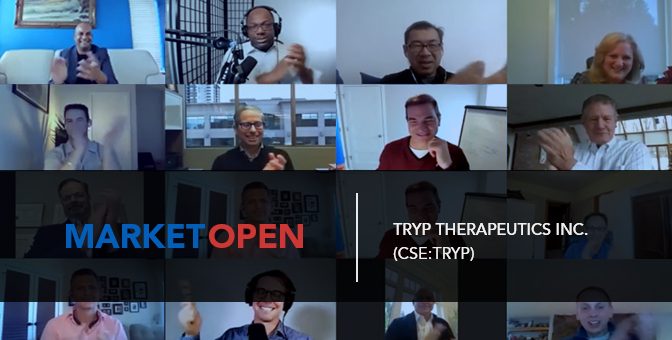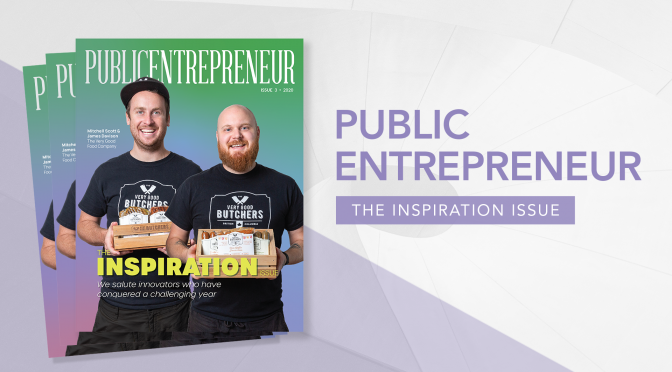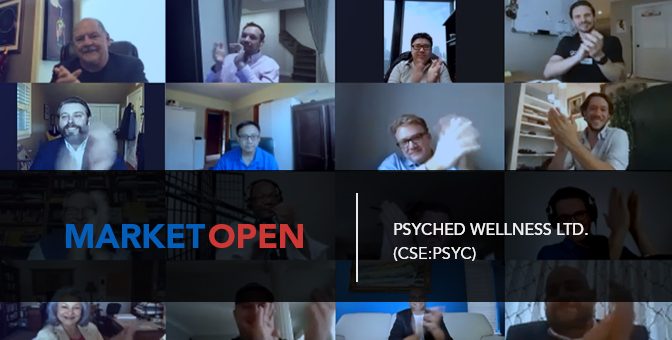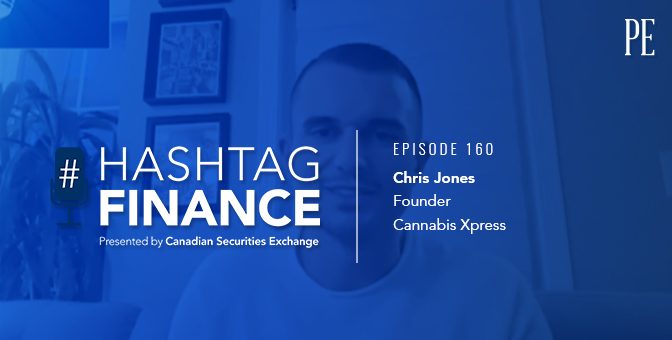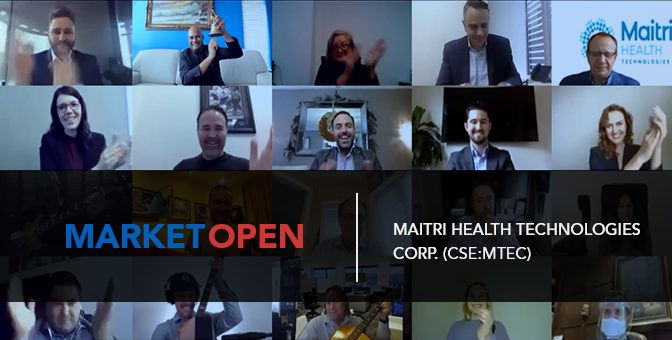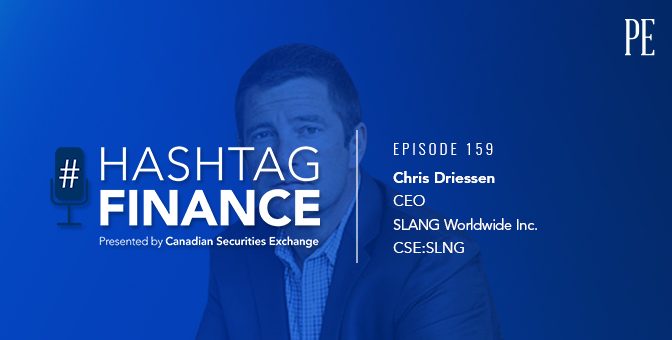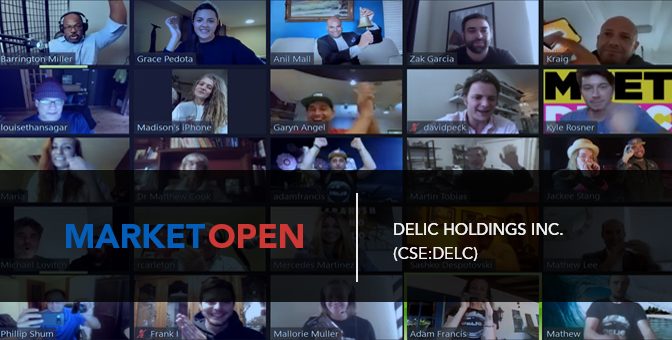Media coverage of the cannabis sector these days would lead you to think that nobody in the industry makes any money, yet nothing could be further from the truth. There are many profitable companies out there, and others a stone’s throw away.
One of those companies is Las Vegas–based Planet 13 Holdings (CSE:PLTH), whose retail footprint is truly beyond compare. But more on that in just a moment.
What makes Planet 13 successful in its Nevada home market is simple: vertical integration and high visibility. This means the company can grow its own cannabis and make its own products for the wholesale, medical and retail markets. It sells its popular brands at its wholly owned store in Las Vegas, as well as at dispensaries owned by others.
The company currently has three cultivation sites, plus three production facilities to make edibles and other products. But its biggest claim to fame is the SuperStore dispensary, the Planet 13 Cannabis Entertainment Complex located not far from the famous Las Vegas Strip.
At 112,000 square feet, the SuperStore is the biggest cannabis store in the world, attracting 1 million visitors and generating US$63 million in revenue in 2019. That represents about one in 10 cannabis sales in the state. Plans call for opening a second Las Vegas dispensary, as well as for launching Planet 13’s first retail location in California, in the first half of 2021.
Although the COVID-19 pandemic cut into SuperStore sales during springtime, the top line has since enjoyed a steady rebound. For the third quarter, which ended September 30, revenue is expected to be $22.8 million, representing a 110% increase over the previous quarter.
Public Entrepreneur discussed the state of operations, effects from COVID-19 and growth plans with Planet 13 Co-Chief Executive Officer Bob Groesbeck.
Operating the largest cannabis retail store in the world, Planet 13 is a barometer on how the cannabis market is doing. Talk to us about retail sales and cultivation.
Business has been fantastic despite COVID-19 reducing tourist traffic to Las Vegas. We pre-released our third-quarter revenue number, and it is the highest in our company’s history.
Growth this quarter reflects improvements at the SuperStore, which drove a higher ticket; improvement in our delivery services, which increased our share of local cannabis revenue; and growth on the wholesale side of the business.
How did the COVID-19 lockdown affect sales, and what have you seen since?
It had a dramatic effect on our business in Q2. Nevada shut all dispensaries and required delivery-only sales. This forced us to adapt and improve our business, which, again, has really driven growth for us and enabled the market share gain in Q3.
Las Vegas is still feeling the effects of COVID, and you can see it in the tourist traffic, which is less than 40% of what it usually is this time of year. It makes what we’ve done in Q3 all the more impressive. We sell primarily to tourists and were somehow able to grow revenue despite visitor numbers being way down
Why and how did you get into the cannabis business?
Larry (Larry Scheffler, Planet 13 Co-CEO) and I met when we were both members of the Henderson City Council in the mid-1990s. We continued that relationship in business after we left the City Council. We were intrigued when we heard in late 2013 that Nevada was going to allow medical marijuana facilities to open. We immediately recognized how much of a transformational event this was and decided quickly that we wanted to be involved. And, as longtime residents of southern Nevada, we wanted to do it “Vegas style” – an over-the-top cannabis experience.
What has been Planet 13’s biggest success and its biggest regret?
Our biggest success to date is the Las Vegas SuperStore. We set out to build something unique – a truly special customer experience. And we’ve created a piece of Las Vegas. What Steve Wynn did for the club experience, we’ve done for the cannabis experience. As for regrets, it is really just delays on some regulatory things. We would love to already have our cannabis consumption lounges open.
What are the biggest obstacles to opening and running a dispensary, especially one on the scale of the SuperStore?
For us, it was primarily obtaining a licence and finding a location where a dispensary like the Planet 13 SuperStore could thrive. We operate a different dispensary that is completely experience-based. As a result, we require a larger dispensary that has parking and easy access from tourist hot spots. To give you an example, we looked at over 100 locations before finding our new location in Santa Ana, California.
How important has vertical integration been to your success?
Planet 13 is a vertically integrated business, but it’s really important to understand that we create a one-of-a-kind customer experience. At the SuperStore we combine entertainment, customer service and best-in-class choice and product quality. While we are a retailer first, having in-house production and our own products contributes a great deal to our success. We routinely have different products in Nevada’s 10 top-selling SKUs.
How does the company plan to grow? Will it be M&A, organic growth or a mix of the two?
It will be both. We will continue expanding in Nevada organically, opening another store and expanding delivery and wholesale. We will also be opening the store in Santa Ana. Outside of that, we are actively looking at M&A to expand into other tier-one cities where SuperStores could do well.
Those are some big plans. Briefly review the balance sheet for us – is the cash already there to support the expansion?
We are in a strong financial position. We’ve done three financings in the last couple of months and have approximately $60 million in cash on the balance sheet and essentially no debt. We’ve historically been cash-flow positive so are set for accretive growth.
What are the objectives for the next 12 months and the strategy for achieving them?
We’ve laid out a clear roadmap for investors. We are opening our next SuperStore in Santa Ana and over the next couple of years would like to have SuperStores in major cities and tourist locations across the US. We’re talking places such as Chicago, Boston, Phoenix and also Orlando, if Florida shifts to recreational legalization.
As a final question, what would be your best advice for companies seeking to enter the cannabis industry?
It is the same as any other business. Focus on figuring out what the customer wants and then give it to them.
This story was featured in the Public Entrepreneur magazine.
Learn more about Planet 13 Holdings Inc.
at https://www.planet13holdings.com/

